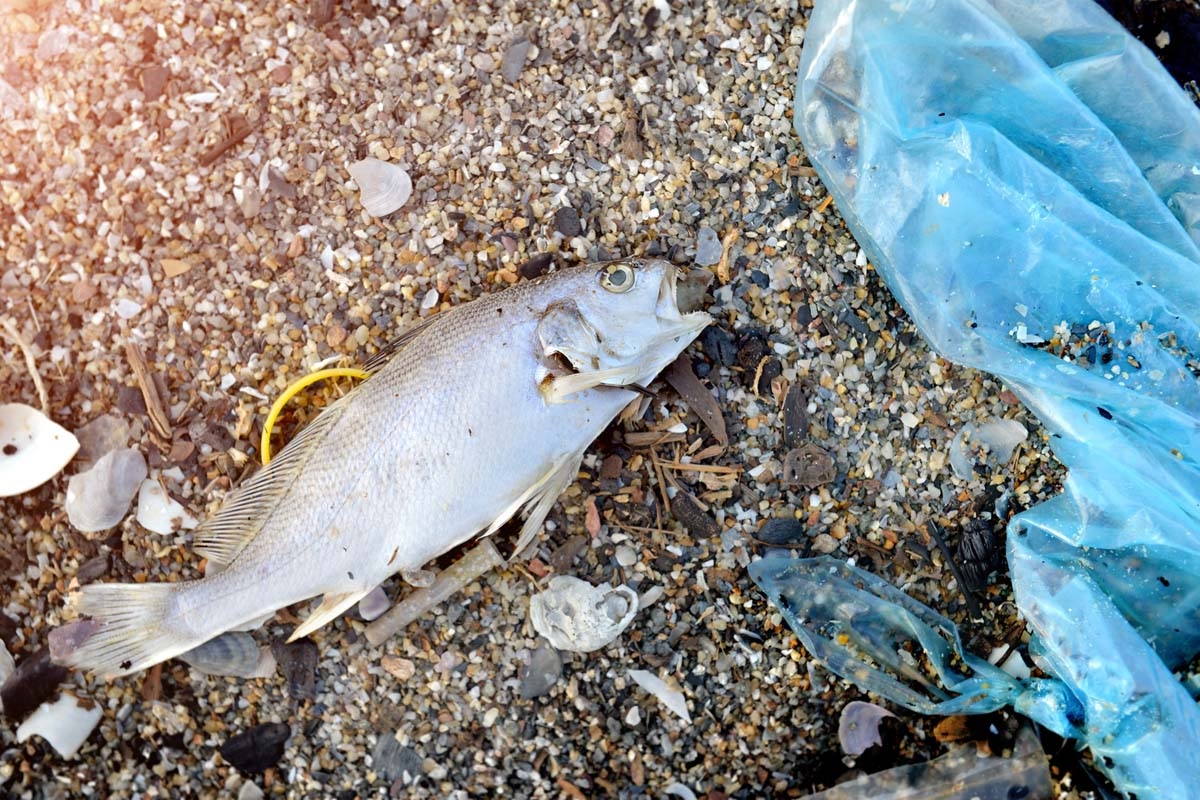Fooling fish – how plastic is attracting sealife
August 18, 2017

The effect of plastics on the world’s oceans is posing a more threatening future for marine life than previously thought – fish are not accidentally consuming plastics, rather attraction is fuelling their consumption
Scientific research has long concluded that plastic deposits in the ocean are a threat to marine species. Accidental consumption of plastics by fish has previously been suggested to cause death through internal injury and blockages, as well as through the plastics’ mycotoxins causing reproductive problems.
However, startling new research published by the Royal Society B poses a more worrying situation for marine species. The study, led by Matthew Savoca of the National Oceanic and Atmospheric Administration, suggests that plastic consumption by foraging fish is not accidental. Instead, it is being caused by an attraction to the debris because of similarities between the odour of prey and the odour of ocean plastic debris. No behavioural response was found with the clean plastic. These findings, tested on wild anchovies, suggest an increased consumption rate of plastic materials by fish and intensifies the threat of this hazard to the marine world.
Biofuelling is the process causing these behavioural responses. ‘When plastic floats in the ocean its surface gets rapidly colonised by bacteria and algae,’ says Savoca. ‘Some of these algae give off sulphurous odours that krill-eating marine animals, such as anchovy, use to find food. In this way plastic debris may be chemically attractive to marine consumers.’
One truckload of plastic waste is currently being dumped into the world’s oceans every minute. 67 per cent of marine species have been found to contain plastic debris in some form and this is being transported throughout the food chain to humans. It has been suggested that more plastic than fish will be in the world’s oceans by 2050. Savoca highlights the scale of this problem by suggesting that ‘it is quite possible that other species [of fish] are consuming plastic because it smells (or tastes) interesting’.
Alarming statistics such as these, as well as new findings presented by Savoca’s study, paint a threatening future for marine life if plastic continues to enter the world’s oceans at current rates. Savoca states that ‘plastic debris is deceptive’ and the research differs from prior scientific thought. ‘When marine animals eat plastic they aren’t making stupid decisions,’ says Savoca. ‘They’re actually making smart decisions in light of evolution.’
Global efforts have been made to reduce the amount of plastics entering the world’s oceans. Last September, 90 NGOs (coordinated by Zero Waste Europe) working collectively under the Break Free from Plastics organisation, launched an initiative to reduce marine plastics with the ultimate goal of having ‘a future free from plastic pollution’. Despite these efforts, evidence shows that 4.6 to 12.7 million tonnes of plastic are being added to the oceans every year.


